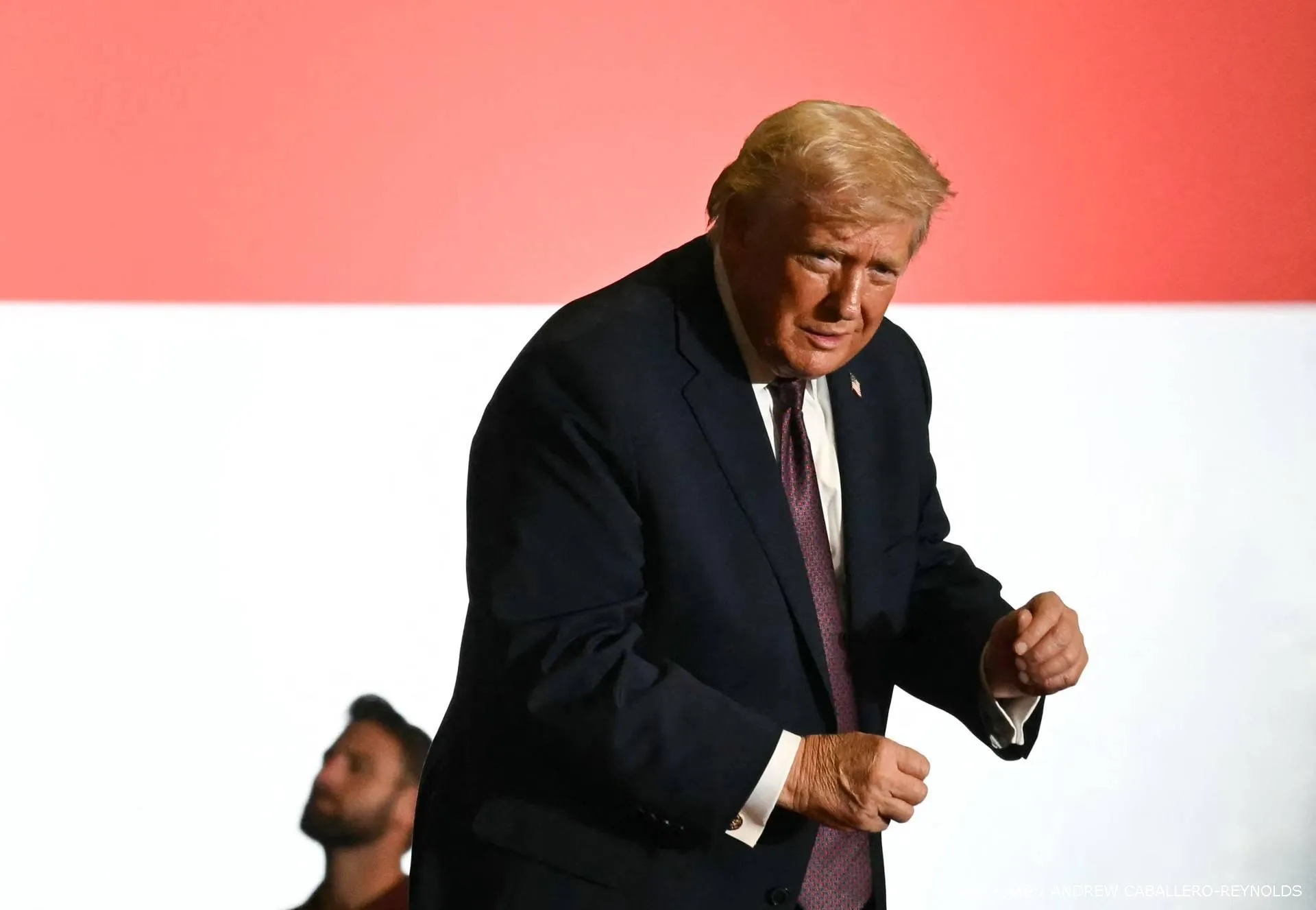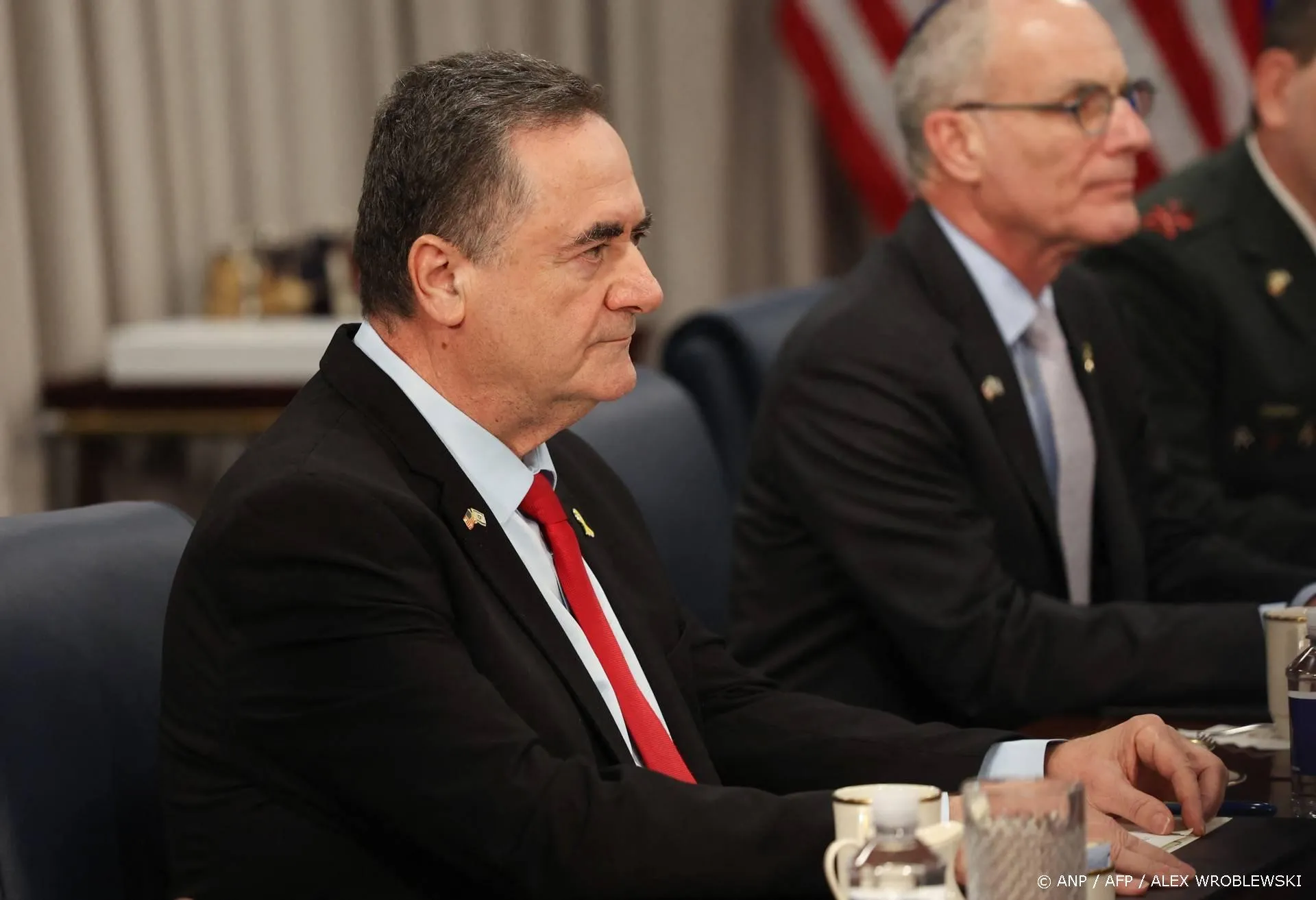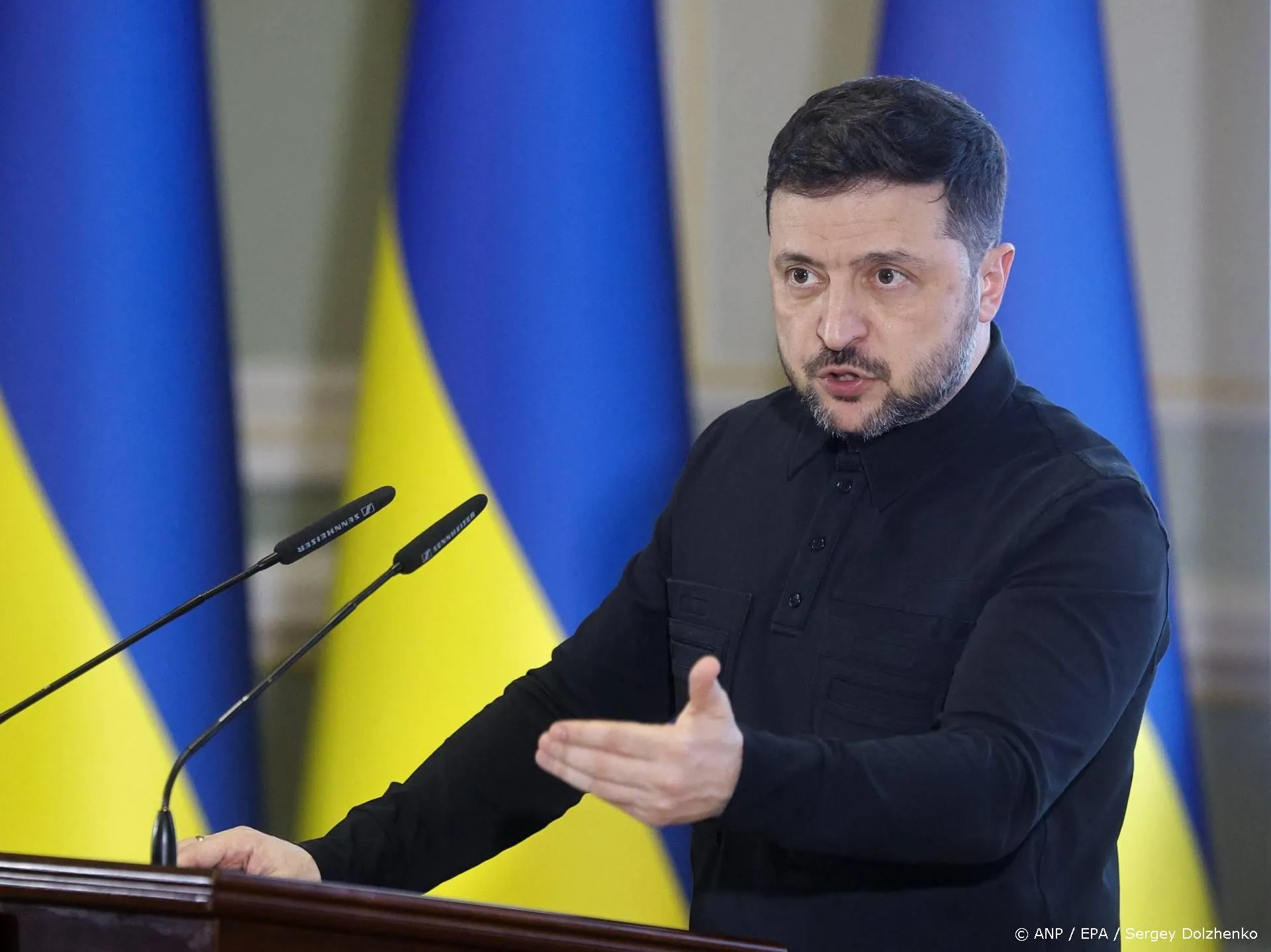Nog meer ellende door 'Energiewende'
'Standort Deutschland' in gevaar. Maar daar blijft het niet bij.
Ondanks het feit dat zelfs de Europese kwaliteitsmedia nu ook zo langzamerhand beginnen door de krijgen dat die verschrikkelijke opwarming van de aarde een 'hoax' is, blijven de Europese beleidsmakers nog immer gebiologeerd door klimaathysterie, decarbonisering, duurzame energie en dat soort onzin. Dit leidt tot verlamming van de broodnodige beleidshervorming om het investeringsklimaat in Europa te verbeteren en daardoor economische groei en werkgelegenheid aan te zwengelen.
Ondertussen trekken Europese bedrijven naar de VS vanwege goedkopere gasprijzen. Voor zover ik mij herinner, is het verschil nog nooit zo groot geweest. Zie grafiek hierboven.
De Duitse minister van EZ, tevens leider van de Duitse liberalen, Rösler, verklaarde: 'The challenge is to promote and expand renewable energies without jeopardizing competitiveness.' Het is echter niet duidelijk hoe hij deze uitdaging oppakt. Tot op heden is hij er nog niet in geslaagd om een deuk in een pakje boter te slaan. Het blijven bij hem vooralsnog maar vrome woorden.
Onder de titel, 'European industry flocks to U.S. to take advantage of cheaper gas', rapporteerden Lori Waselchuk en Petra Krischok in 'The Washington Post':
The gap in natural gas prices has opened quickly, leaving companies that make investment decisions years in advance scrambling to catch up. As recently as 2007, U.S. natural gas prices were only about 20 percent lower than Europes, not enough to fundamentally reshape markets. But with the boom in U.S. shale gas production, driven largely by fracking, U.S. prices last year dropped to a quarter of the European price.
Most analysts expect that U.S. prices will stay low even if they rebound from their rock-bottom levels, providing a boon to all U.S.-based manufacturing through lower electricity prices. Gas prices in Asia are even higher than in Europe, further channeling investment to the United States.
The International Energy Agency forecasts that the United States will become the worlds largest gas producer by 2015, overtaking Russia, which supplies Europe with most of its natural gas.
The differentials in the costs are just so big that its definitely driving the investment to the United States, said Will Pearson, an energy analyst at the Eurasia Group, an economic consultancy.
Europe has begun to use far more coal, which is cheaper but much dirtier than gas. There is new pressure to start tapping into Europes limited shale gas resources, despite environmental concerns. The gap in natural gas prices between the United States and Europe may eventually narrow. U.S. demand for natural gas may increase, driving up prices, as more manufacturers build factories to take advantage of the cheaper energy. The Obama administration also is considering proposals to sharply increase natural gas exports, which could raise prices domestically and push them down in Europe and Asia. ...
[...] a growing number of European manufacturers have announced plans to invest across the Atlantic. Among them is Austrian steelmaker Voestalpine, which announced last month that it will build an iron-ore processing plant in Texas to take advantage of the low energy prices. The plant is expected to cost $715 million and create 150 jobs. The company aims to almost double its total output by 2020, largely through U.S. expansion, and it has mostly abandoned making any major new investments in Europe. We should not expect that the current production level of European industry will remain the same in the next 10, 20 or 50 years, Voestalpine chief executive Wolfgang Eder said in an interview. We will have to downsize industrial facilities in Europe in the long term.
Royal Dutch Shell announced plans last year to build a multibillion-dollar petrochemical plant in Pennsylvania that will employ several hundred full-time workers and as many as 10,000 people during construction.
Some German lawmakers say they want to find a way to balance environmental considerations with economic ones. We are suffering from the high energy prices, our companies are affected by it, because there are German companies that are deciding in favor of other locations and do not want to set up their business in Germany,
Economy Minister Philipp Roesler said at a conference in Munich this year. The challenge is to promote and expand renewable energies without jeopardizing competitiveness.
Lees verder hier.
Tja, dat is de uitdaging! Maar wat doen Rösler en zijn Europese collega's eraan?
Voor mijn eerdere DDS-bijdragen zie hier.
Ga verder met lezen
Dit vind je misschien ook leuk
Laat mensen jouw mening weten
Lees ook
Loading


